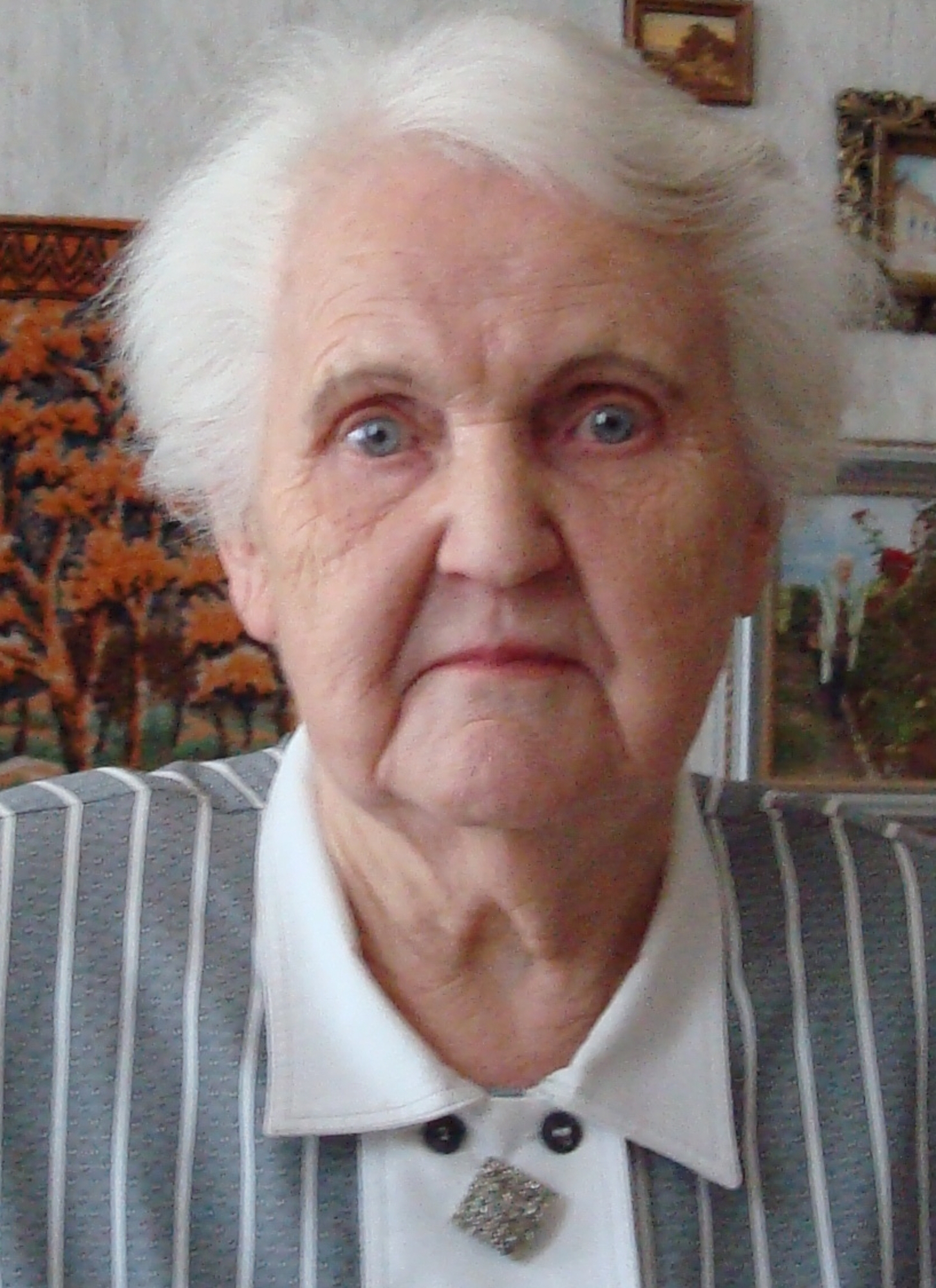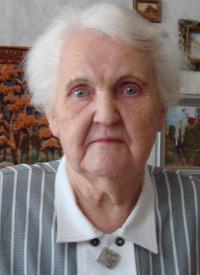The potatoes could be cooked for a week and they would stayed hard

Stáhnout obrázek
She was born on 2 February, 1922 in Sosnowiec (Podlachia province). She was brought up with three sisters and three brothers in a peasant family called Olichfieradel. Adela Taruń attended primary school in Sosnowiec, then in Augustów. After third year, she rented a flat in Augustów where she moved to. She completed two years of Milk Processing Industry School in Augustów. In 1937 she was sent for the two years probation to a dairy factory in Dubno, Ukraine. The manager of the dairy factory was called up for mill service and Adela Taruń was put in his place and worked as a manager until 1944. In 1944 she was arrested and to sent into exile to Krasny Łucz ( Donets Basin on industrial region on the east of Ukraine) where she worked in a coal mine until 1949. She met her future Belorussian husband there and married him in 1947. In the same year she gave birth to her first son. Due to illness, in 1949 she was moved to work in the Medical Point. In 1953 she was released and together with her husband and son, she left Krasny Łucz and moved to husband‘s family house in Mozyr, in Kalenkowicze, in Belarus. Adela Taruń and her brother who lived in Poland, made a lots of effort to get an entry permit and finally she was allowed to come back Poland in 1957. Adela Taruń with her family took up a residence in her brother‘s house in Łódź. Afterwards, she rented her own flat in Łódź. Because of her very poor state of heath, she never took up a permanent job. She got a disability pension and from time to time did her small part-time jobs (like sewing export products). She retired in 1976. In the 90s she procured a document confirming the thirteen years of her work in the coal mine. She joined the Siberians Association. She still lives in Łódź.
